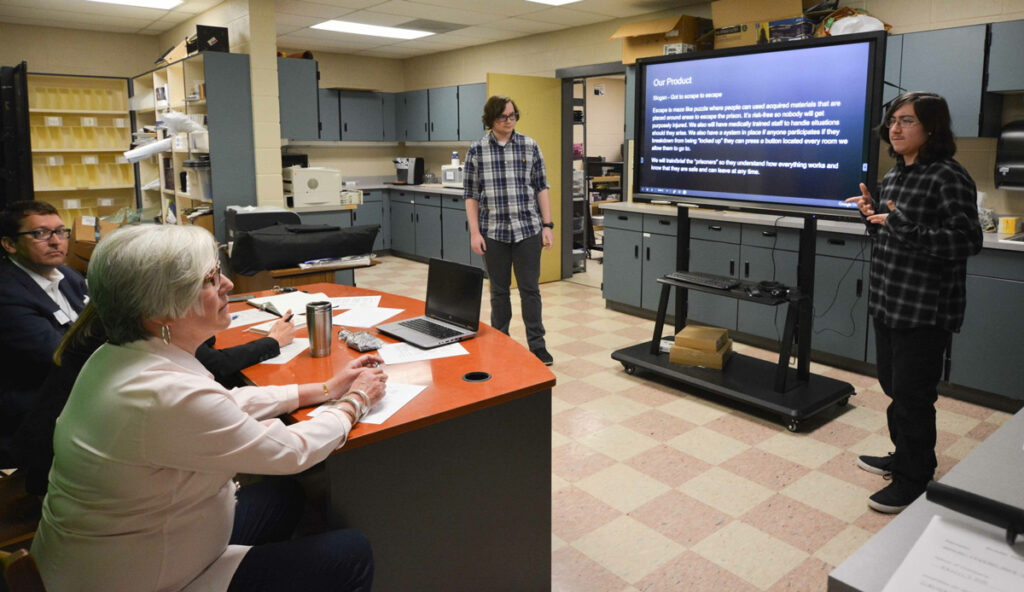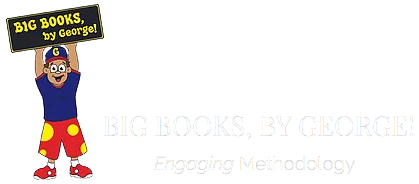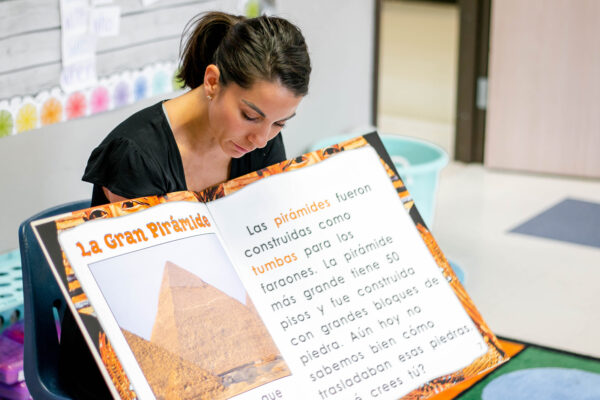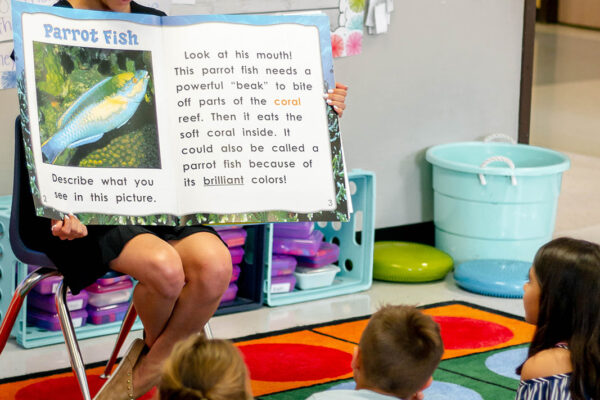A Listening Ear
Have you ever tried to learn an instrument? Or to even read music for that matter? As a trained musician that has attempted to learn many different instruments with a main base of musical knowledge, I’ve come to realize a few things. First, that if I stick to my comfort zone, I will never learn the instrument well. Second, if I choose a piece of music that I would like to hear, I am more motivated to play the music even if it looks daunting or too difficult to me. Producing the correct notes and rhythms becomes less important than hearing the song.
A similar phenomenon happens with fluency. Sight words and vocabulary words have their time and place in English Learner education, but at some point, a personal endeavor will cause huge growth in language use. Enter the Genius Hour.
Recipe for a Successful Genius Hour
Genius Hour, or 20 percent time, is a trending inquiry-based learning method. Although there are many ways to implement Genius Hour, the ultimate goal relies on independent inquiries driven by the student to follow through with their imagination, questions, and creativity in order to achieve a deeper understanding of something that interests them complete with a product or presentation at the end.
In her blog, Cult of Pedagogy, Jennifer Gonzales runs through some tips for a great Genius Hour. With the help of some other educators, she describes some helpful techniques to make Genius Hour a success. (And helped me to grasp a solid understanding of the concept).
Basically, giving students a time frame, 4 bullet points to cover off on, and a place to do their research helps to cultivate a solid product at the end. Pros in the Genius Hour arena recommend the following stages: planning, topic selection, “the pitch”, research, making, presentations, and reflections.
I personally loved “the pitch” or “The Shark Tank” phase. It’s the What, Why, and How they are going to pull through on their idea. These questions are great for thought organization and for developing writing and speaking fluency.

The Genius Hour for English Learners
Brenda Valencia, a 22 year veteran in Bilingual Education, LOVES genius hour. In fact, she tracked what her English Learners had to say about it, which you can read here. The general take away is that a phenomenon occurs during genius hour, similar to my experience with music. Similar to CLIL, and maybe even an under lying motivator that contributes to translanguaging, the goal of expression and communication is to get a point across, not to learn the language.
There is less emphasis on “right or wrong”, which makes opportunity for “trying vs not trying”. Self-reflection is imperative, because if others don’t understand a peer’s project or focus, it is up to that student to tweak it and make it more understandable. All of sudden, verb tenses are paramount. Prepositional phrases can make or break you. You see my point!
This is a more facilitative role for teachers, but an important one nonetheless. When teachers act as a guide during the Genius Hour, they are there for support and an accountability method to ensure there is logic and reason involved in the student’s conclusions.




